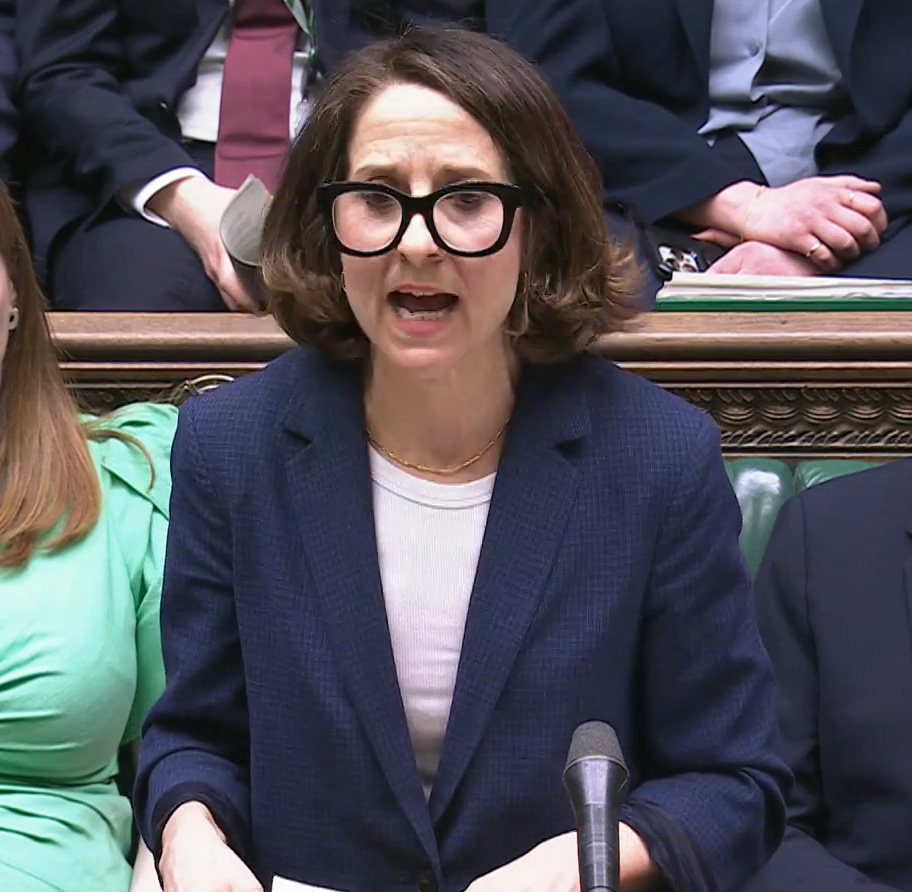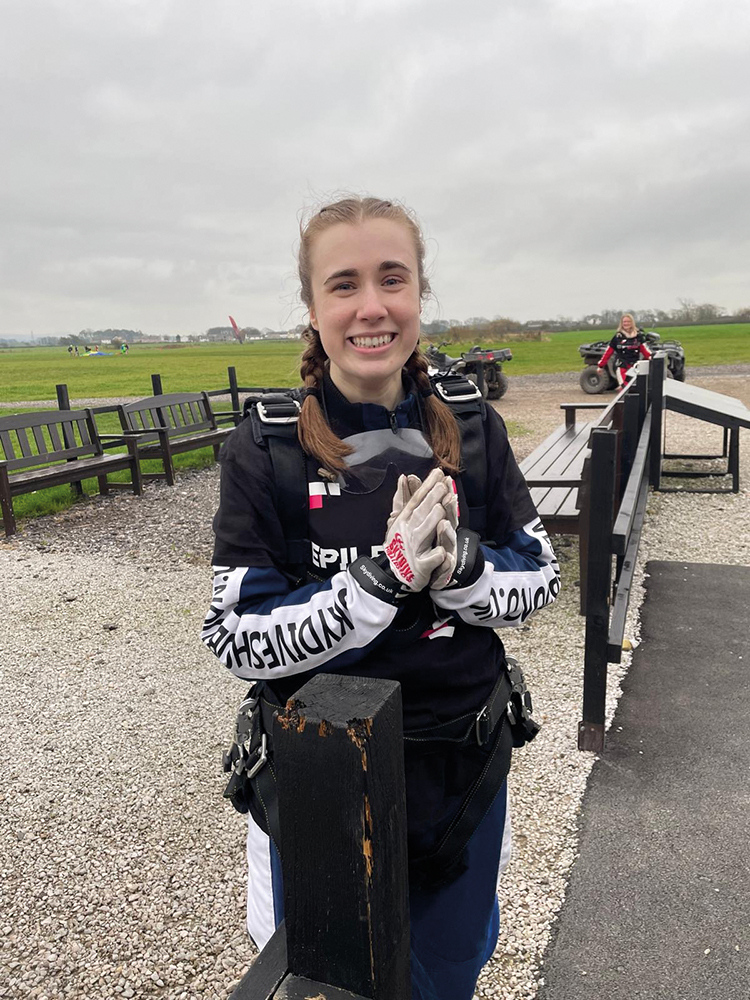 Epilepsy medication fenfluramine will be funded for NHS patients with Lennox-Gastaut syndrome (LGS) from today (20 February 2025).
Epilepsy medication fenfluramine will be funded for NHS patients with Lennox-Gastaut syndrome (LGS) from today (20 February 2025).
The National Institute for Health and Care Excellence (NICE) has recommended it as a treatment for seizures in LGS for people aged two years and over.
Tom Shillito, health improvement and research manager at Epilepsy Action, said it is promising to see new treatment options for such a potentially debilitating epilepsy syndrome.
“Lennox-Gastaut syndrome can be highly resistant to medication, meaning achieving seizure control is really difficult. And it’s not just this. The impact of LGS goes beyond seizures. It can include cognitive impairment, communication difficulties, sleep and behavioural challenges, and mobility problems. All of these issues significantly impact both patients’ and caregivers’ quality of life.
“There aren’t many effective medication options available for people with Lennox-Gastaut syndrome, and the existing ones can often have substantial side effects.
“We are hoping fenfluramine will represent a chance for better quality of life for people affected, where other treatments couldn’t.
“We have long supported this and have provided evidence to NICE during the review process, to ensure they took into consideration how much of a difference it could make to both people with Lennox-Gastaut and their carers. It’s really positive they now have a new option.”

‘Proven new medicine’
Fenfluramine is a liquid medication taken by mouth, with the dose adjusted for each person based on their weight. It works by increasing the levels of the brain chemical serotonin, which helps to reduce seizure activity, NHS England explains.
Clinical trials have shown that fenfluramine can reduce the frequency of drop seizures by more than a quarter on average.
More than a quarter of people with LGS had their number of seizures drop to less than half with this medication.
Fenfluramine can also reduce the risk of hospitalisations and needing emergency care.
NHS England’s national medical director, Prof Stephen Powis, said: “To have a proven, evidence-based new medicine that can be taken at home to help control and reduce their child’s seizures, and for example lower the risk of them experiencing injuries and needing to go to hospital, is fantastic news for hundreds of families.”
‘Potentially life-changing’
 Michael and Paul Atwal-Brice have two older boys with severe epilepsy. One of their sons, Levi (pictured third from right), has been diagnosed with LGS. Michael (pictured third from left) said: “This is really positive news for families like ours. Levi suffers from extremely serious seizures, and having to use a cocktail of drugs to treat them has been really difficult. The side effects have been impossible to manage as it’s hard to know which medication is causing them. Fenfluramine is potentially life-changing for Levi and our family.”
Michael and Paul Atwal-Brice have two older boys with severe epilepsy. One of their sons, Levi (pictured third from right), has been diagnosed with LGS. Michael (pictured third from left) said: “This is really positive news for families like ours. Levi suffers from extremely serious seizures, and having to use a cocktail of drugs to treat them has been really difficult. The side effects have been impossible to manage as it’s hard to know which medication is causing them. Fenfluramine is potentially life-changing for Levi and our family.”
Lisa Suchet’s 10-year-old son also has LGS. She said today’s news is a “huge comfort”.
“My son has suffered with seizures since he was five weeks of age, including drop seizures which are the most devastating. They occur without warning, cause immediate collapse and the risk of head injury is high due to the sudden fall.
“There are so few effective drugs for seizure control. Many don’t work for all patients; many have debilitating side effects or interactions with other meds a patient might have to take.
“It’s wonderful news that NICE has approved Fenfluramine for patients with Lennox-Gastaut syndrome.
“It is essentially providing a chance of seizure freedom, which is essentially another chance at life really; for the patient and the family or carers who are impacted so significantly by this awful disease.”
Fenfluramine has previously been recommended for use in Dravet syndrome, another severe form of epilepsy.
In 2019, NICE approved cannabidiol (Epidyolex) with clobazam for LGS. In some cases, LGS can also be treated with the ketogenic diet, brain surgery or vagus nerve stimulation (VNS).
Epilepsy Action has more information around LGS.
More articles



